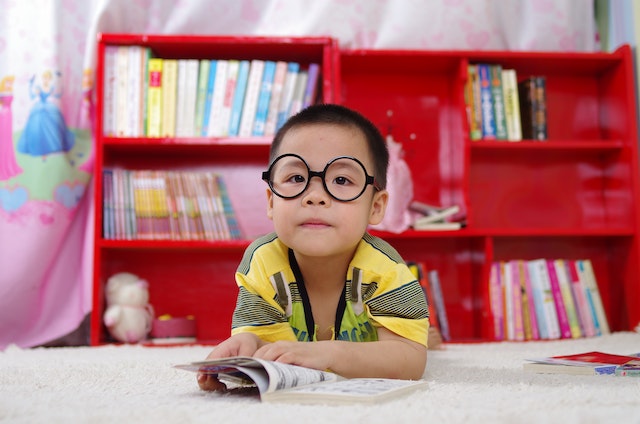Many children experience anxiety at some time in their lives. Social anxiety, exam anxiety, school anxiety, separation anxiety, OCD, and general phobias are some of the most frequent kinds of anxiety in kids. It may be stressful as a parent to see your kid struggle with anxiety, and you are inclined to want to assist. Here are some suggestions to enable you to assist your kid in managing their anxious feelings.
Observe Their Symptoms
Anxiety symptoms may vary greatly amongst children, but one thing to keep in mind is that kids, particularly younger ones, tend to complain more frequently about physical anxiety signs than psychological symptoms.
In other words, instead of telling you, they’re nervous, they can indicate they’re not feeling well or moan about physical issues. The following are common physical indicators of anxiety in kids:
- Nausea
- Headache
- Shakiness
- Shortness of breath
- Changes in weight or appetite
- Stomach pain
- Increased crying
- Anger outbursts
- Avoidance of previously enjoyed activities
- Less eagerness to explore new things
- Reduced capacity to recover from new, unforeseen changes in life
Be Supportive Instead of Reasoning with Them Immediately
When your kid is worried, the areas of their brain that can manage reasonable negotiation are entirely shut off; as a result, arguing with them to stop their nervousness from driving their behavior will merely overwhelm them.
When you see your kid actively feeling anxious, no matter how they behave, focus on being supportive, calm, and soothing; this will inform the lower portion of their brain that it may “stand down” and allow the other parts to become engaged again. Your child’s behavior will most likely improve by itself once they feel protected.
Assist Your Youngster in Disambiguating Their Worries
When your kid is in the grip of anxiety, everything seems to happen too rapidly and too intensively to be comprehendible. This causes perplexity, and confusion frequently leads to panic.
You may assist your kid in breaking the cycle by identifying the emotion or fear you observe; this will both emotionally validate your kid (creating trust and a sense of fellowship) and start to soothe the activity in their lower brain.
Encourage Your Kid to Speak Up
You may extend the advantages of labeling your kid’s emotions by having them describe their anxious episodes in their own words. After your kid has calmed down, ask them why they were scared, using open-ended inquiries (e.g., “What occurred after that?”) to invite them to expound on their feelings. They will start to understand the experience as they do this.
Ensure Your Child Sleeps Adequately
Make appropriate sleeping habits (a consistent, peaceful bedtime ritual devoid of sources of high stimulation, including technological gadgets) a household norm so your child may obtain a minimum of eight hours of sleep every night. While proper sleep is vital for all kids (and adults), studies have demonstrated that it is particularly important in helping kids with anxiety.
Suggest a Deep Breathing Routine
Deep breathing does far more than just provide a diversion during anxious moments; it has recently been shown that deep breathing causes a significant relaxation effect in the brain that neutralizes the flight or fight neurochemicals that cause anxiety.
You should teach your kid about this link and then have them practice deep, slow breathing while counting to control the rate of their breaths.
Make A Strategy for Dealing with Anxiety Episodes
After you have taught your kid about anxiety, you need to work with them to develop a strategy for dealing with acute anxiety episodes. Not only will the planning process stimulate the anxiety-moderating pre-frontal part of their brain, but having your kid confront and control their worries will be a great confidence builder.
Seek Professional Help
You shouldn’t be alarmed if your child has brief bouts of anxiety, particularly if they occur in reaction to a particular trigger, such as a major sporting event or a final test.
However, if your kid continues to be nervous after the stressful incident has passed, or if their fears worsen over time, they may have an anxiety condition. If your kid feels worried most days and their feelings begin to interfere with playing, attending school, or the whole of their daily routine, it could be time to consult a therapist.
While dealing with your child’s anxiety can be difficult and taxing for most parents, the good thing is that they’re able to overcome it. Following these tactics while providing connection and encouragement can help to empower your child

